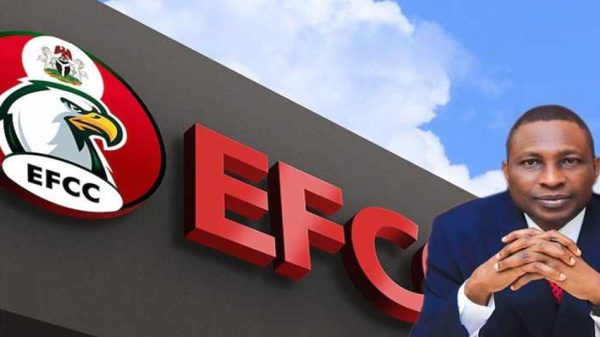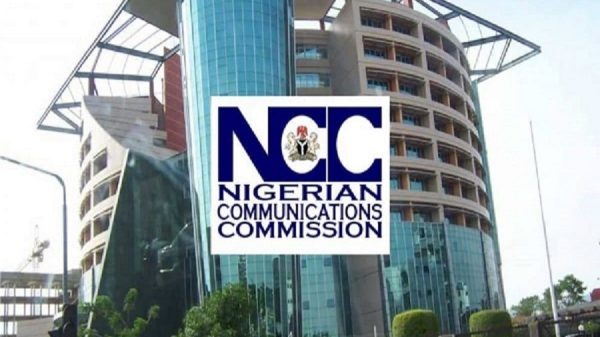In today’s evolving digital landscape, businesses—whether in e-commerce; online or offline—require sophisticated and intelligent payment solutions. With innovations like Smart FTD (First Time Deposit), VIP Traffic Distribution, and Routing & Cascading, ensuring seamless and secure payment experiences has become crucial.
As companies expand globally, payment failures and downtimes caused by relying on a single provider are no longer sustainable. Enter the era of Payment Orchestration.
Payment Orchestration platforms have transformed how businesses handle multiple gateways, streamlining operations and minimizing disruptions. This decentralized model also facilitates cross-border expansion, allowing Payment Service Providers (#PSPs) to leverage each other’s networks, regardless of geography—whether it’s Latin America, Africa, or Asia. With access to various corridors via a single API, businesses can now manage transactions across multiple regions, while benefiting from simplified integrations, enhanced reliability, and global reach.
The shift is real, and merchants are tapping into the power of payment orchestration platforms to overcome regulatory hurdles and optimize their customer journeys, making them more secure, efficient, and accessible.
For businesses dealing with low to high-risk transactions, the question remains: have you experienced payment gateway failures or downtime? What impact did it have on your business, and how are you managing the transition towards a decentralized, seamless payment system?
#DeFi #globalpayments #paymentsolutions #seamlessintegration #fintechtransformation #globalexpansion
Olaniyi Ibraheem, FinTech & Innovation Specialist, BDM Africa
![]()



























































